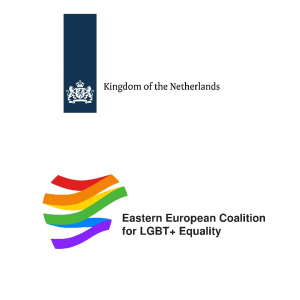
1.
Integrated Security Workshops (ISW): Organizing
workshops to support the security and well-being of LGBTQI+ community members,
fostering inclusion, solidarity, and empowerment
2.
Multi-group Services: Providing a range of services including
consultations with social workers, psychologists, psychiatrists, sexologists,
and endocrinologists, along with group therapies tailored to LGBTQI+
individuals' needs.
3.
Research on Queer Migration: Research to
understand the reasons behind queer migration from Georgia, informing advocacy
efforts and policy recommendations to create a safer environment for
marginalized groups.
4.
Multimedia Projects: Producing multimedia
content to amplify queer and feminist voices, fostering dialogue, and raising
awareness on sexual orientation, gender identity, and feminist issues.
5.
Enriching Feminist Mediatheque: Expanding our
online resource center with informative videos and animations to disseminate
accurate information about SOGIE and LGBTQI+ issues.
6.
Strategic Planning: Develop a comprehensive plan
with staff, board members, and community representatives to guide WISG’s
organizational direction for the next three years.
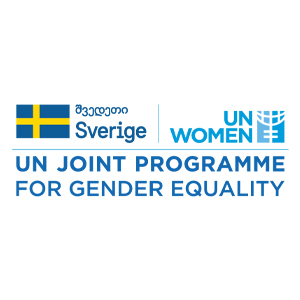
Project goal:
to support
mainstreaming of LGBTIQ+ issues in relevant legislation, policies,
programmes, services, capacity development interventions, and awareness-raising
campaigns.
Project activities:
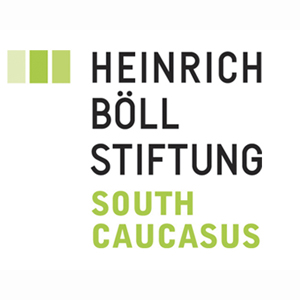
By employing
the concept of intersectionality, the goal of the project is to unearth and
make visible the varied dimensions of resistance and oppression; and contribute to a nuanced dialogue on intersectionality among LGBTQI+
activists, academia and grassroots, independent feminist researchers, and
organizations.
- Creating a
working group to elaborate the agenda and concepts for the Feminist Forum.
- Inviting
participants and organising the forum in October, 2023.
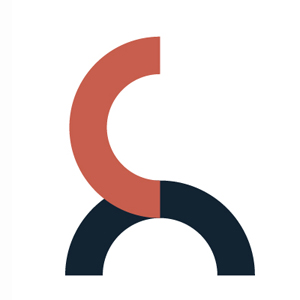
The goal of the project is to strengthen the safety of LGBTQI+
community in Georgia. The project aims to advocate for trans-specific
healthcare system and the basic human right to live freely and authentically in
harmony with one’s gender and sexuality. To these ends, WISG collaborates with
local and international organisations and state institutions. Moreover, with
the given project, WISG works towards transforming procedures for legal
recognition of gender and ensuring dignified access to healthcare and legal
services for trans-individuals.
- Strategic litigation on cases of discrimination along SOGIE
(sexual orientation, gender identity and gender expression);
- Monitoring the implementation of state human rights action plan, lobbying for the inclusion of LBT issues into the plan
and
creation of a SOGIE chapter;
- Support to the development of a National Clinical Practice
Guidelines for trans-specific care and a state standard for clinical management
outlining medical and ethical principles;
- Face-to-face legal service provision to LBT persons in Tbilisi,
and its surroundings;
- Community meetings on healthcare, legal, and human rights issues;
- Publication of Trans-specific informational resources.
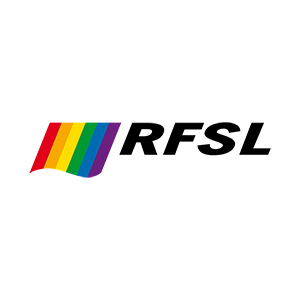
The ongoing project will ensure the development and diversification of WISG's Multidisciplinary Team Services (MDG), whose evaluation and analysis WISG will share with local community organizations and government agencies.
In addition, the project aims to strengthen the organizational
capacity of the organization in the direction of strategic communication, by
improving its positive visibility and public knowledge on feminist and SOGIE
issues, which will facilitate dialogue between LGBTQI+ activists, feminist
researchers and governmental and non-governmental organizations.
Project activities:
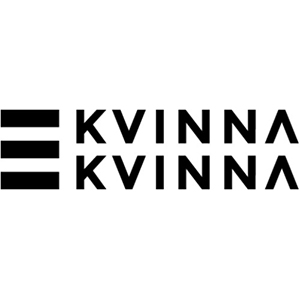
Project objectives:
The project covers important aspects of WISG’s work and
contributes to creating knowledge on LGBTQI important issues through research,
translation of articles on sexuality and care, translation of educational and
practical resources for mental health professionals, and providing
gender-sensitive services to the L(G)BTQI community.
Another very important part of this project is to
ensure greater resilience of WISGs staff through psychologist consultations and
stress management options.
In order to achieve desired goal “LB women and TI
persons are integrated in society and enjoy equal opportunities for development”,
WISG set three outcomes: 1. Sexism, homo/bi/transphobia is recognised as a social problem on social,
cultural and institutional levels; 2. LBTQI-friendly and gender-sensitive services
are available for the community and claimed by them 3. WISG ensure
greater resilience of staff and financial sustainability
Project activities include:
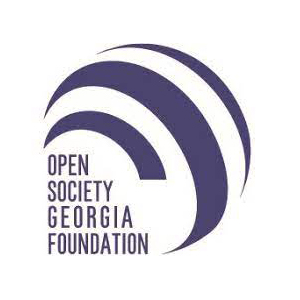
Project objectives:
The main goal of the project is to develop a legal and
institutional environment conducive to the queer feminist movement in Georgia
through coordinated intersectional cooperation. In particular, within the
framework of the project, we are trying to:
- encouraging discussions on gender and feminism
issues and strategies for intersectional activist collaboration;
- strengthening the coordination between LGBTQI
community organizations.
- encouraging and sharing a care-oriented feminist
management approach and principles of transformational leadership;
- promoting the implementation of an environment and
practices free of discrimination for trans people at the national level.
Strengthening the appropriate advocacy and lobbying strategy, both at the
national and international levels.
In order to achieve these goals, this project envisages
the sharing of knowledge and information with selected regional
non-governmental organizations working in various fields interested in Sexual
Orientation and Gender Identity and Expression (SOGIE) and feminist issues.
Also, creating new short video products for WISG's Feminist Mediatheque aimed
at spreading the knowledge and positively changing attitudes in society.
In addition, within the framework of this project,
WISG will continue to introduce innovative approaches of feminist
organizational management and transformational leadership in the organization.
During the implementation of the project, WISG will refine the CCOP (Collective
Care Oriented Planning) concept model and develop a monitoring mechanism for
its effective implementation.
Finally, given the vital legal, health and social
needs of trans people, WISG will continue to advocate and lobby in favour of
this group, both with legislative and human rights organizations, as well as
with executive structures and their regulatory entities.
Project activities:
• Field
trainings for regional non-governmental organizations;
• Preparation
of video and multimedia products for WISG Feminist Mediatheque;
• Initiating
meetings of LGBTQI community organizations;
• preparation
of a guide brochure of services provided by LGBTQI community organizations;
• Development
of a CCOP monitoring mechanism and internal assessment of the success of the
CCOP approach;
• Working
group and face-to-face meetings with the Ministries of Justice and Health and
the structures of the Public Defender's Office
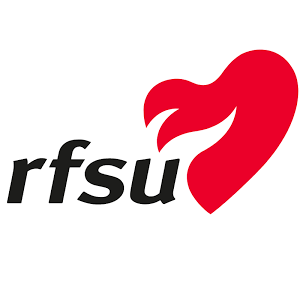
Project objectives:
Within the project three directions of WISG’s work are financed: community work, organization’s visibility and organizational development.
In order to achieve overall objective of the project: “LBTI
community lives in a friendly environment and fully exercises rights and
freedom”, WISG set four immediate results: 1. Established functional community
centre attracts new community members and provids quality services 2. Solidarity
platform among members of LBTI community and allies from feminist movement is
built 3. Positive visibility of LBTI persons and issues is increased and 4. Organization
runs effective internal systems and routines
Project activities include:
· Organising self-lead community meetings in Tbilisi;
· Conducting skills trainings for LBTI community;
· Organising meetings on SRHR with experts/doctors for LBTI
community;
· Conducting self-empowerment trainings for activists/community
members;
· Organising campaigns throughout the year (8th of March;
Lesbian visibility day; Trans-remembrance day, 16 day campaign against GBV,
etc.);
· Organising Feminist Forum;
· Preparation of visibility materials for WISG;
· Creation of animation movies;
· Elaboration of different strategic documents and organisational
routines.
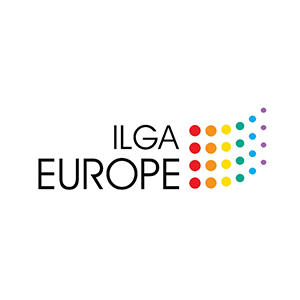
Project objectives:
The main objective of the project is to contribute to Better awareness of LGBT(Q)I and SOGIE issues in wider public. The action has three specific objectives: A. Comprehensive Communication and Networking Strategy is developed and fully adapted to the new national and regional challenges. B. Contributing to positive visibility of SOGIE and feminist issues at the most frequently used and popular social media platforms in Georgia. C. Increase of awareness on SOGIE issues among target groups. D. Contribute to future long-term institutional and social sustainability of the organization.
Project activities:
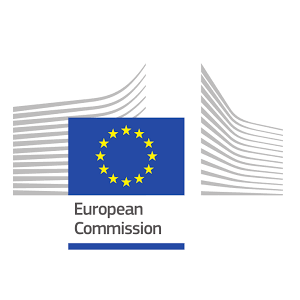
Implementing organizations: The Georgian Centre for Psychosocial and Medical Rehabilitation of Torture Victims (GCRT), Women’s Initiative Supporting Group (WISG), Union Sapari, Women’s Fund in Georgia (WFG), Society of Democratic Women of Marneuli (SDWM)
Project objective: The overall objective is to contribute to the elimination of domestic violence and gender-based violence in Georgia. The action has three specific objectives: A. Improving regulatory framework and/or its enforcement at the regional/local level via close cooperation with local authorities, B. Contributing to prevention of domestic violence and gender-based violence via finding local solutions to the problem of gender-based violence and domestic violence C. Direct support to persons in vulnerable situation exposed to domestic violence and gender-based violence in relation to their basic needs, rights, and justice.
Project activities:
· Strategic litigation on cases of domestic violence, sexual crimes, etc;
· Working to integrate issues of LBT women and sex workers into gender-based violence and domestic violence-related national, regional, local policies;
· Monitoring of implementation of state human rights action plan, lobbying at local levels to integrate issues of LBT women in planning and implementation of programming;
· Support to the elaboration of the SOGIE chapter of the national human rights action plan;
· Developing a framework for conducting a needs assessment on reproductive rights of sex workers;
· Support to the development of National Clinical Practice Guidelines for trans-specific care and a state standard for clinical management outlining medical and ethical principles;
· Increased awareness on gender-based and domestic violence, gender equality, reproductive health and women’s rights sexual rights, and early marriages;
· Face-to-face service provision (legal, social, psychological, etc.) to women victims of GBV and domestic violence including LBT women, sex workers in the Imereti region, Tbilisi, and its surroundings.